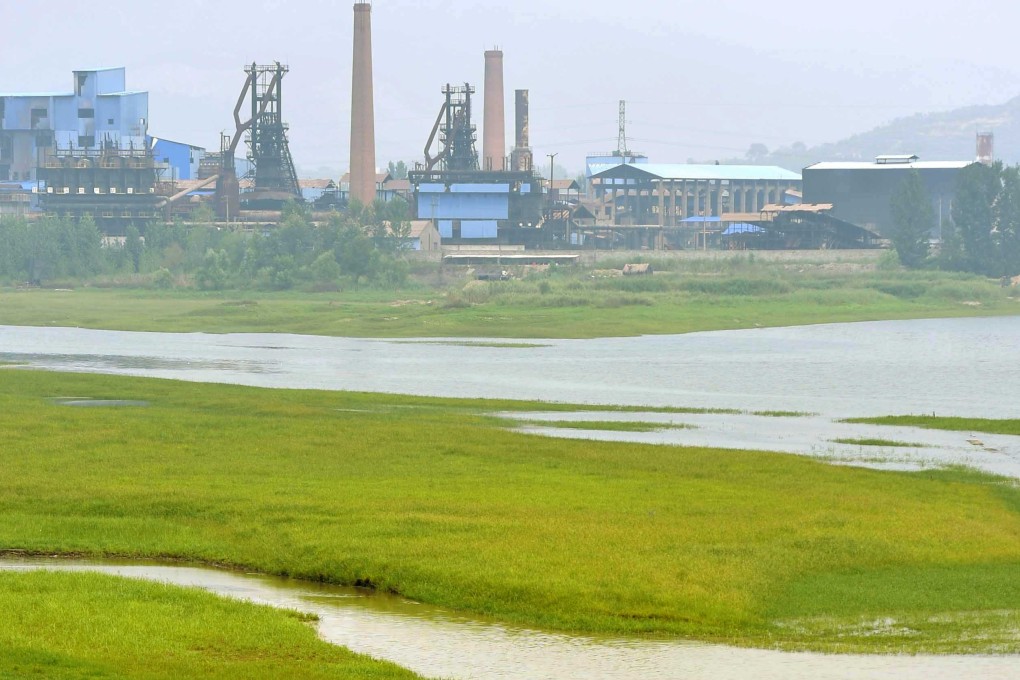Exposing shoddy 'tofu': China's eco-research to clean rivers and lakes squandered billions in funds
Investigators find ¥34 billion fund, aimed at cleaner rivers and lakes, is being squandered

The term "tofu projects" was coined years ago to describe poorly built infrastructure that could prove deadly.
But anti-corruption investigators have found that the term - first used by Premier Zhu Rongji to describe flood dykes that were as porous as tofu dregs - could equally be used to describe some of the shoddy projects that have been taking place under the guise of the nation's biggest scientific research programmes.
One such project that has come especially under the spotlight is the "Special Water Programme" - China's largest ever scientific research fund, launched in 2009 with a pledge of 34 billion yuan (HK$41 billion) over an 11-year period to find technological solutions to clean major rivers and lakes.
The fund had promised to breakthrough institutional obstacles, reduce pollution discharged into the waterways, and rehabilitate six major rivers and lakes.
Last month, after a series of reports the fund was being misused at local levels over the past few years, the chief engineer of the programme, Meng Wei, was given a warning for oversight.
Read more: China's deadly water problem
An inspection had found that fake and disreputable research projects had been claiming money from the fund.